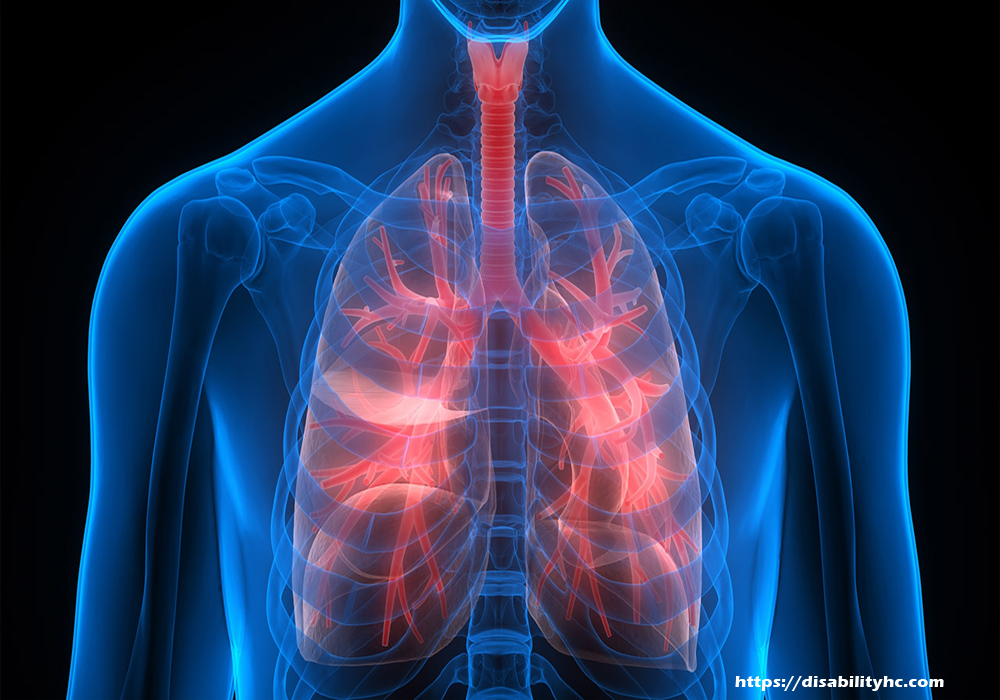Chronic Obstructive Pulmonary Disease, or COPD, is a progressive disease that makes breathing increasingly difficult over time. This condition is closely related to emphysema and / or chronic bronchitis. These two conditions, either together or separately, can lead to a diagnosis of COPD. In all cases, the airways narrow, resulting in difficulty breathing. As a progressive illness, depending on the progression and the individual, it can become fatal. With the right treatment, catching the disease early, and various changes in daily habits, many individuals live long and happy lives. However, in severe cases, a lung transplant may be necessary and death is possible.
Destructive disease as is a chronic obstructive pulmonary disease
With such a drawn-out, destructive disease as is a chronic obstructive pulmonary disease, it is understandable that the possibility exists that a patient will have to stop working at some point. When this happens, many patients lose their health insurance coverage. Without adequate insurance coverage, many simply cannot afford their treatments and medications. Losing both the source of their income as well as the source of their healthcare coverage in one fail swoop is something few are prepared to deal with. There are alternatives to replace both income and healthcare coverage, such as disability, Medicaid, and state-funded assistance programs.
For many patients suffering from chronic obstructive pulmonary disease, the idea of accepting what they view as public assistance is disdainful. However, when faced with a catastrophic illness such as COPD, choices can be limited. Luckily, many cases take years to reach such a state. In fact, with the exception of very young patients, most COPD patients reach retirement age before their breathing problems progress that far. Young patients are the most likely candidates for lung transplants, thus prolonging the time before their breathing problems disrupt the flow of their normal working lives.
The trick to fighting the effects of chronic obstructive pulmonary disease
It is to reduce habits that are known to lead to COPD, detect the disease as early as possible, and follow medical advice for treatment. To protect yourself from future financial difficulties resulting from your disease, make saving and investing money for the future a top priority. Putting back now for possible future medical expenses later can make the difference in your overall care once the disease progresses. It can mean the difference in whether you can continue treatments while alternatives are explored, or whether you must seek out emergency funding or worse yet, go without treatment.












